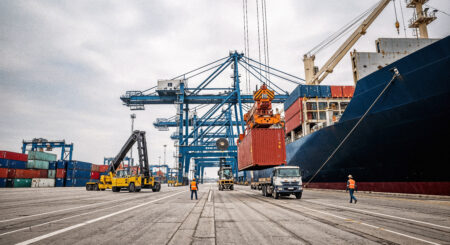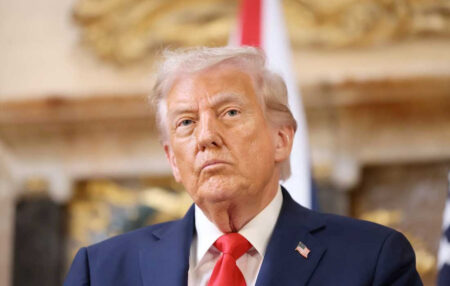Moody’s says India’s large economy and low export dependence shield it from US tariffs and global trade risks.

In a recent note, Moody’s Ratings has projected a positive outlook for the Indian economy, asserting that India is better positioned than many other emerging markets to weather the adverse impacts of US tariffs and global trade disruptions. The credit ratings agency attributed this resilience to the country’s large domestic economy, low reliance on exports, and strong internal growth fundamentals.
Strong Domestic Economy Shields India
Moody’s emphasised that India’s economic structure is largely insulated from external shocks due to its low dependence on goods exports, especially when compared to other emerging markets. This structural advantage, coupled with robust domestic demand, is expected to act as a buffer against weakening global trade conditions triggered by US tariffs on Chinese goods.
“India’s sizable internal market and domestic-driven growth model provide it with a significant degree of protection from the fallout of external trade tensions,” the agency noted.
Government Initiatives Bolster Economic Momentum
Moody’s lauded the Indian government’s proactive steps to stimulate growth, including:
- Boosting private consumption
- Expanding manufacturing capabilities
- Accelerating infrastructure development
These efforts are expected to counterbalance softening global demand and support economic momentum in the near term. Moreover, easing inflation could provide the Reserve Bank of India with room to cut interest rates, further fuelling growth. Ample liquidity in the banking sector will also enhance credit flow to businesses, adding to the recovery momentum.
Growth forecast and export exposure
While the agency expects India’s economy to remain the fastest-growing among G-20 nations, it revised its 2025 growth forecast slightly downward to 6.3% from 6.7%, citing the potential spillover effects of global trade restrictions.
However, Moody’s noted that some export-linked sectors, such as automotives, could face challenges due to exposure to international markets, despite India’s relatively diversified trade operations.
Geopolitical risks accounted for
Moody’s also weighed in on the recent flare-up between India and Pakistan, stating that such tensions are already factored into its geopolitical risk assessments. The agency observed that India’s economic and trade ties with Pakistan are minimal, and most of its key industrial and agricultural production zones are geographically removed from potential conflict areas.
“In a scenario of sustained escalation in localised tensions, we do not expect major disruptions to India’s economic activity,” Moody’s stated. It added that Pakistan’s economy would bear the brunt of any prolonged hostilities more than India’s would.
Outlook for Foreign Investment
The report pointed out that India could stand to gain from global trade realignments, potentially capturing market share from other emerging markets affected by US-China tensions. Moody’s expects that India’s growing market size, improving infrastructure, and favourable demographics will attract renewed foreign direct investment (FDI) inflows, reversing recent declines.
“India is likely to benefit from global investors seeking alternatives to China, especially in manufacturing and services,” the note highlighted.
Conclusion
Moody’s concluded that India’s economic fundamentals remain solid, with central government spending on infrastructure and supportive tax reforms continuing to boost GDP. Despite external risks and fiscal pressures from increased defence expenditure, the agency maintains that India is on a strong footing to withstand current and future global economic headwinds.
Source: ET











